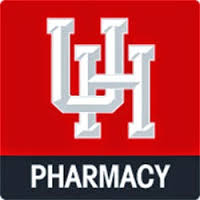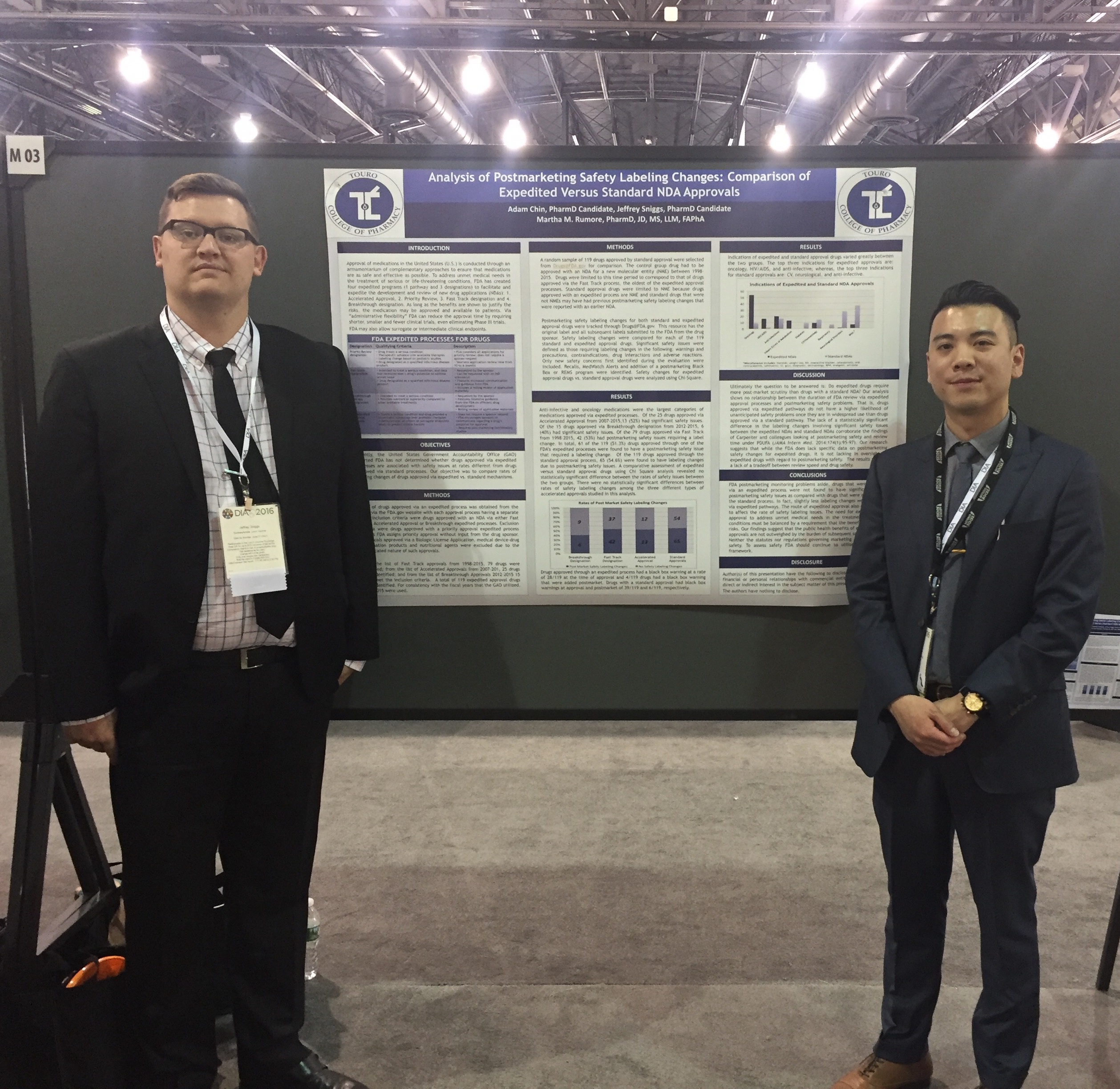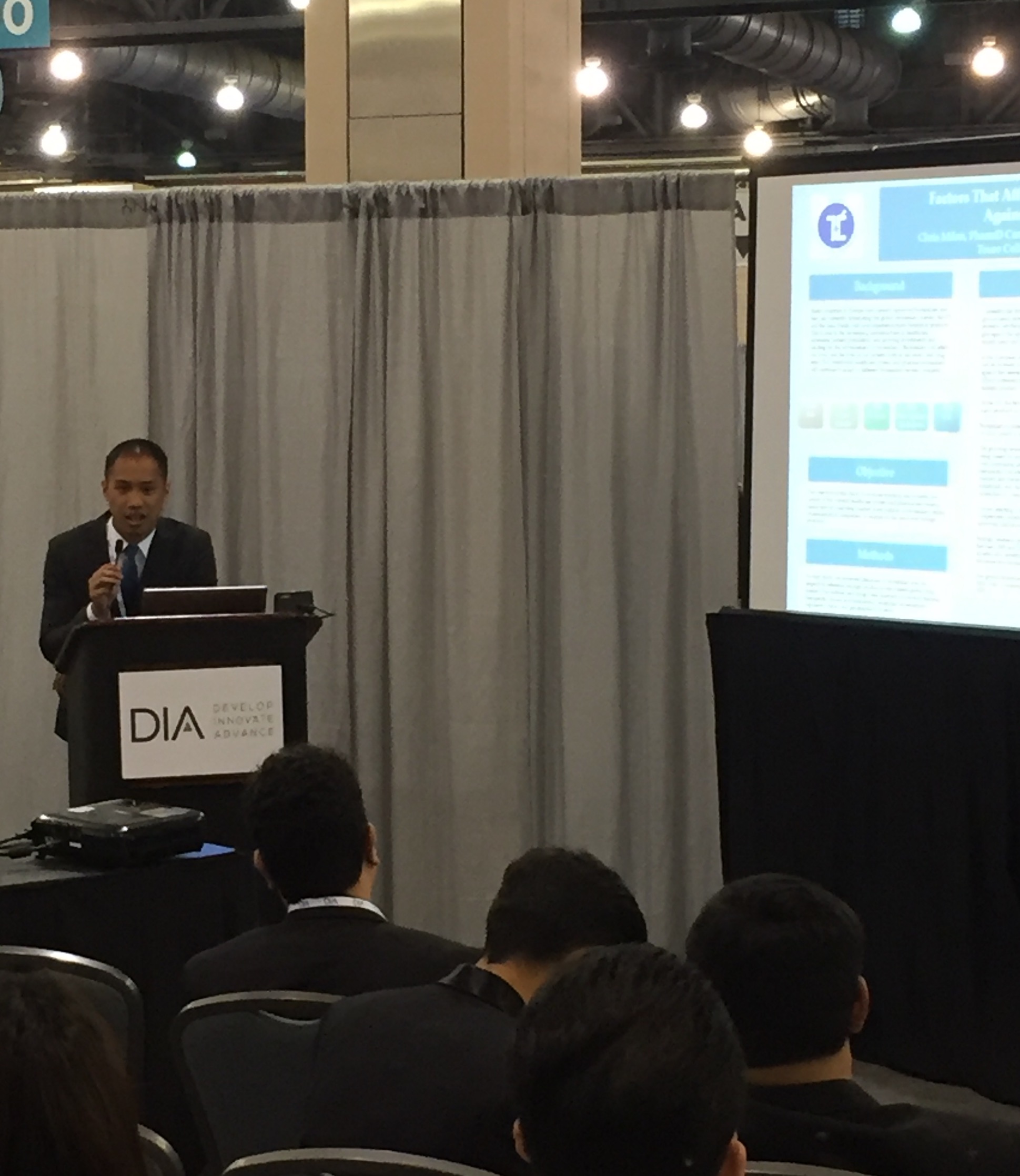Company and Department: The Medicines Company, Global Health Science Center
Current Role: Director, Global Health Science
Alma Mater: Ernest Mario School of Pharmacy, Rutgers University 2009
The PharmD degree can lead to a variety of professional opportunities. While this can allow someone to be creative with their career, it can also be overwhelming as one approaches graduation. Before I had entered pharmacy school, I worked at a local pharmacy. While I enjoyed the patient interaction, I was also curious about the companies that developed the drugs used by patients. After entering pharmacy school, I earned different internships for companies such as Ranbaxy, Wyeth (now Pfizer), and Schering-Plough (now Merck) and networked with pharmacists in those companies to learn about their career paths and how they got there.
As I approached graduation, I knew that I would pursue a career in the pharmaceutical industry. I attended Midyear and interviewed for an industry fellowship. While the program was very selective, I too was selective with who I would entrust my career with. I applied for two positions, but was unable to secure a fellowship. I stayed positive and knew that there were other ways of getting a position in the industry as demonstrated by other pharmacists that I had networked with. I used the extensive preparation for interviewing for Midyear and applied for positions, including contract positions. While contract positions ranged from 6 months to 2 years, I saw this as an opportunity to experience a position with the flexibility to potentially change my path (e.g. work in drug safety for six months, then maybe medical information for 6 months).









.png)



.png)
.jpg)

 Kimberly Gittings, PharmD
Kimberly Gittings, PharmD Vineeth Nair, PharmD
Vineeth Nair, PharmD Sean Harrison, PharmD
Sean Harrison, PharmD